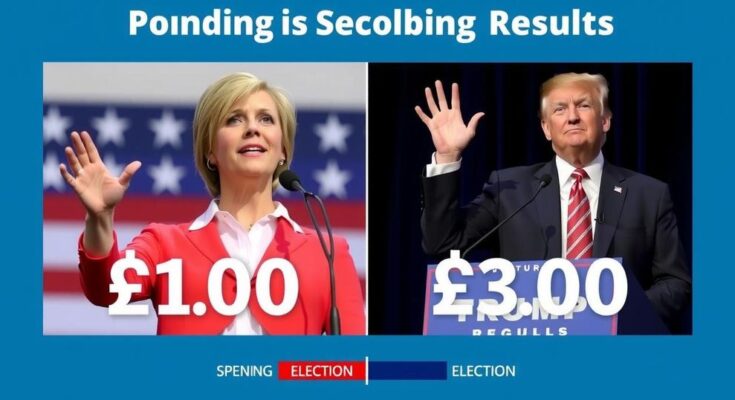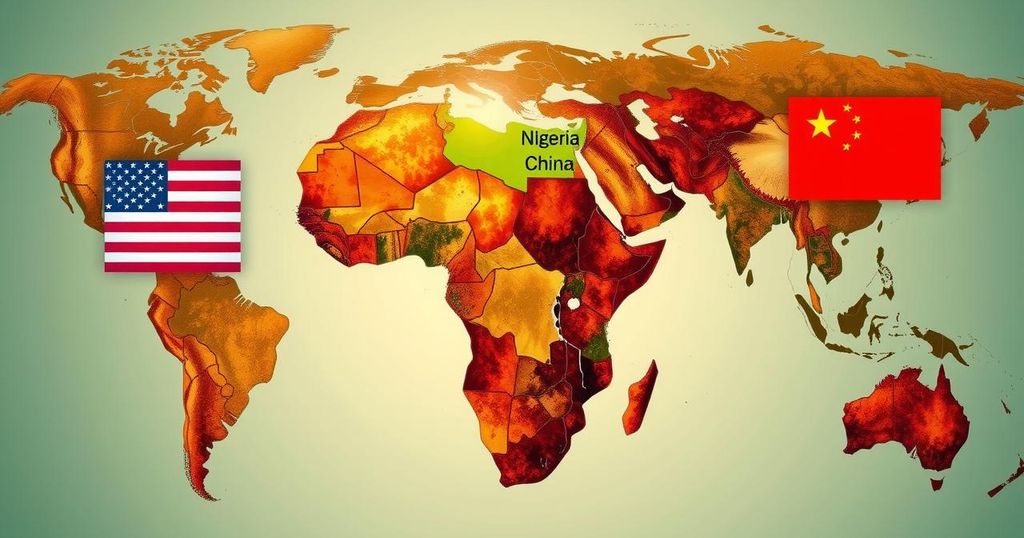In the recent Colorado elections, U.S. Rep. Yadira Caraveo lost her seat to Republican Gabe Evans despite higher campaign spending. The 8th Congressional District accounted for nearly half of the over $80 million spent across the state’s congressional races. Spending dynamics varied widely among districts, with Evans narrowly winning thanks to effective messaging despite being significantly outspent compared to Caraveo.
In the recent elections, U.S. Representative Yadira Caraveo faced a significant defeat despite her campaign spending reaching an impressive $151 per vote, whereas her opponent, Republican Gabe Evans, spent $96 per vote. This election cycle saw more than $80 million allocated to Colorado’s eight congressional districts, with the 8th Congressional District accounting for nearly half of this total spending. Evans prevailed with a narrow victory margin of fewer than 2,500 votes, reflecting the intense financial and political competition in one of the nation’s most contested electoral districts.
The extensive expenditure in this race included over $40 million specifically targeted at the closely contested 8th District, which comprises the northern Denver suburbs and Greeley. A substantial amount of this funding was provided by outside groups, totaling approximately $29 million, a clear indication of the strategic significance that both parties attributed to this seat. Despite the considerable backing for Caraveo, the funds did not translate into electoral success. Her campaign directly contributed more than $8 million, while external groups dedicated around $16 million either to bolster her image or to undermine Evans. In stark contrast, Evans’s campaign spending was more restrained, at around $2.5 million, complemented by an additional $13 million from outside support.
The outcome reflects not only the financial dynamics of modern electoral politics but also the shifting sentiments of voters, who may prioritize candidate authenticity over fiscal advantages. The overall funding landscape for Colorado’s congressional races diverged considerably, with other districts experiencing varied levels of investment. For instance, the 3rd Congressional District, represented by Lauren Boebert, was another focal point, wherein Democrat Adam Frisch’s funding strategies totaled $18 million, contrasting sharply with Republican Jeff Hurd’s significantly lower expenditures.
The competition across the state often resulted in higher costs per vote, a phenomenon evidenced in the races of several candidates, further underscoring the complexities of campaign financing within the context of electoral outcomes. This election cycle was particularly notable, marking a pivotal shift in Colorado’s congressional representation as the Republican Party managed to achieve parity with Democrats in the delegation, a remarkable feat given the state’s recent electoral trends favoring Democratic candidates. All these elements reflect the nuanced interplay of money, messaging, and voter intent in contemporary political campaigns.
In the 2024 election cycle, Colorado’s political landscape saw unprecedented spending, exceeding $80 million across eight congressional races. The 8th Congressional District emerged as a critical battleground, with electoral strategies focusing heavily on funding from both established campaigns and external political action committees. Notably, the high stakes of maintaining political control in such a pivotal district led to aggressive campaigning and significant financial investments from both parties, highlighting the evolution and intensification of campaign financing in American politics.
The 2024 Colorado elections encapsulate the increasing complexity of campaign financing, where direct spending and external resources play crucial roles in influencing voter behavior. Failures to convert substantial expenditures into electoral victories, as demonstrated in Representative Yadira Caraveo’s defeat, suggest the evolving dynamics of voter priorities and candidate perceptions. Ultimately, these elections underscore the importance of authentic candidate representation amidst overwhelming financial competition within the evolving landscape of American electoral politics.
Original Source: www.denverpost.com




